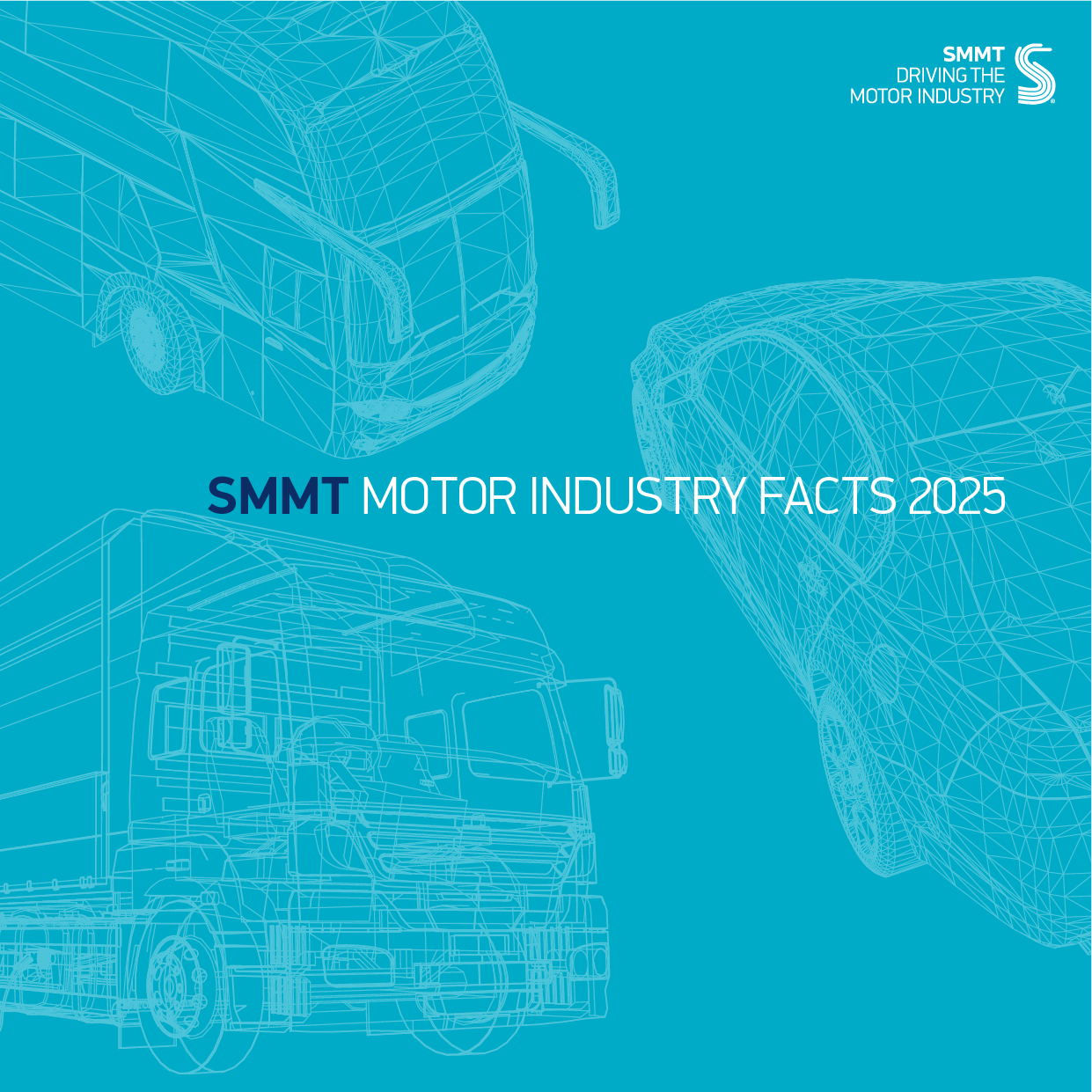

The UK is one of the destinations of choice for leading automotive companies seeking a competitive edge through technological innovation thanks to our world-class R&D expertise and ecosystem – and it’s a global excellence on which we’re doubling down. Indeed, as SMMT’s latest report Driving Automotive Innovation: Insights From Industry published this week shows, the UK benefitted from a monumental £5 billion of automotive R&D investment during 2024, boosting our network of innovation with no fewer than 22 British auto R&D centres now driving the world’s future mobility.
The report, published at SMMT’s first Innovation Symposium held during this week’s Advanced Engineering Show, also reflects the snowball effect of industry success and government collaboration. Our new survey of OEM, supplier and technology businesses found six in 10 would be more likely to conduct RD&I following the UK’s new £2.5 billion DRIVE35 transformation fund. Swift and decisive delivery of the funding, however, is needed if that business confidence is to be translated into action.
The UK’s global standing in R&D is one on which we must build with the right support at the right scale, to attract and retain investment to manufacture the very automotive products being designed here. That would help deliver the Modern Industrial Strategy ambition to restore the UK to a 1.3-million vehicle manufacturing hub by 2035, but momentum must begin now – particularly amid geopolitical challenges which put the industry at risk. The potential of another semiconductor chip shortage – such as the current impasse over Nexperia chip supply – is one such example. Whilst the sector has made efforts to diversify its supply chains, unless progress is made quickly at governmental level, vehicle production and market supply could be severely disrupted imminently.
Global investors have multiple choices of destinations. To remain amongst the preferred, we must ensure the UK avoids any self-inflicted damage such as the proposal to end Employee Car Ownership Schemes (ECOS). Unless reversed, this would see new car sales reduce by 80,000 annually, dealing a £1 billion blow to the industry and, perversely, actually reducing Exchequer receipts through the loss half a billion pounds a year of VAT and VED income, just as government looks to raise revenue to invest in growth.
The industry’s growth depends on whole-government alignment. Vibrant vehicle markets, lower energy costs, infrastructure rollout ahead of need, a future-proofed skills base and robust supply chain – all are needed if the Modern Industrial Strategy is to succeed and replicate the global reputation of our R&D sector.
SMMT Update
Sign up to the SMMT Update Newsletter for weekly automotive news and data
"*" indicates required fields


